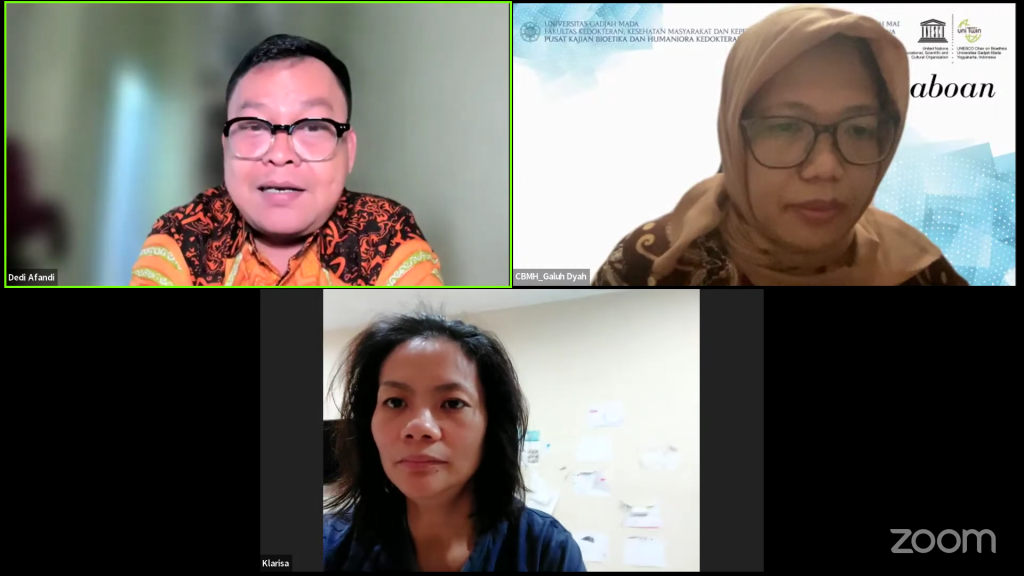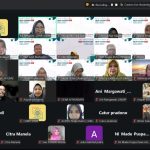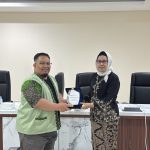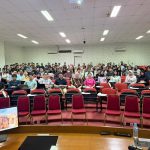Center for Bioethics and Medical Humanities just held the Raboan Discussion Forum on Wednesday (31/08).The title of this discussion is Determination of Death and End of Life Care. The material was presented by the speaker: Prof. Dr. dr. Dedi Afandi, DFM, Sp.FM(K) the moderator is dr. Galuh Dyah Fatmala.

The beginning of life and the end of life are a dilemma that existed long ago. The dilemma also exists in the financing of patient care using whether or not his life aids are still being given. Karen Ann quinlan is one example of when the ventilator she was unplugged turned out to be able to breathe spontaneously, this caused concern for patients in end-of-life care.
There is a confusion in clinicians in determining death, according to article 117 of the Health Law and Permenkes No. 37 of 2004 a person is declared dead if the function of the heart and breathing has stopped and there is death in the brainstem. Indonesia adheres to the death of the brainstem because if there is a malfunction in the brainstem, the respiratory and cardiac functions cannot function.
The determination of death can be made by a health care facility or outside a health care facility. The determination of death in health care facilities must be carried out by doctors, nurses or midwives. The determination of the patient’s death is written when there has been a death of the brainstem instead of the cessation of the work of the heart and breathing. The determination of the death of the brainstem can only be done by 3 competent doctors consisting of a neurologist and an anesthesiologist.
Ethical and medical legal studies are needed in determining brain death. The earlier in the determination of mortality increases the effectiveness in organ donors. The problem that needs to be considered is that brain damage still allows a person to survive using life aids and the difficulty of definitively determining that the patient’s cerebral lesions are permanent.
Indonesia prohibits health care from deliberately killing someone for life, one example of which is euthanasia. Requests for Do Not Rescucitate are the right of patients whether they are willing or not, but rarely patients in Indonesia want dnr. The decision of the DNR is not only made by the party concerned but there must also be a team of doctors who discuss the right with the family. There needs to be informed consent regarding the provision of life support therapy
Watch full video here






